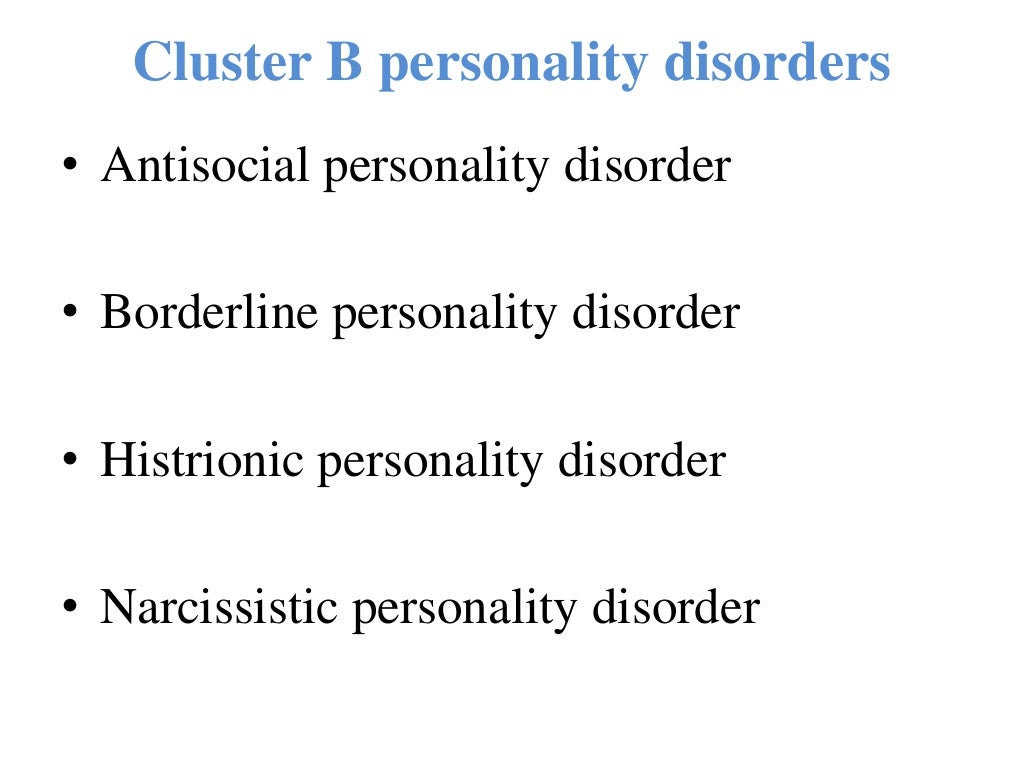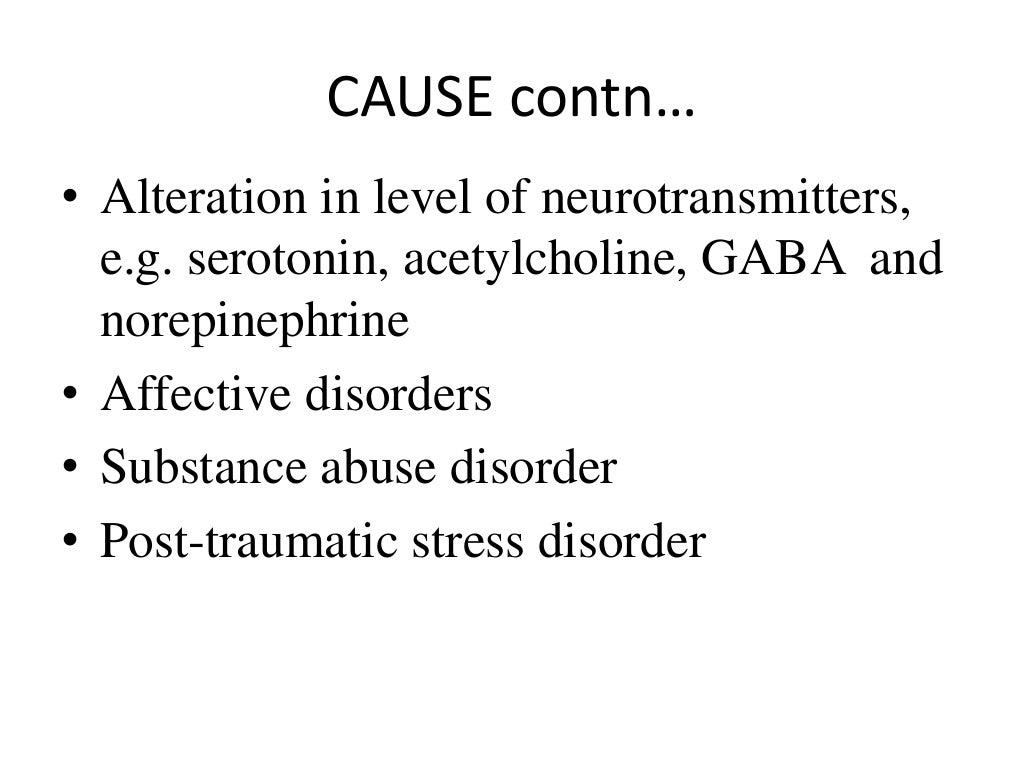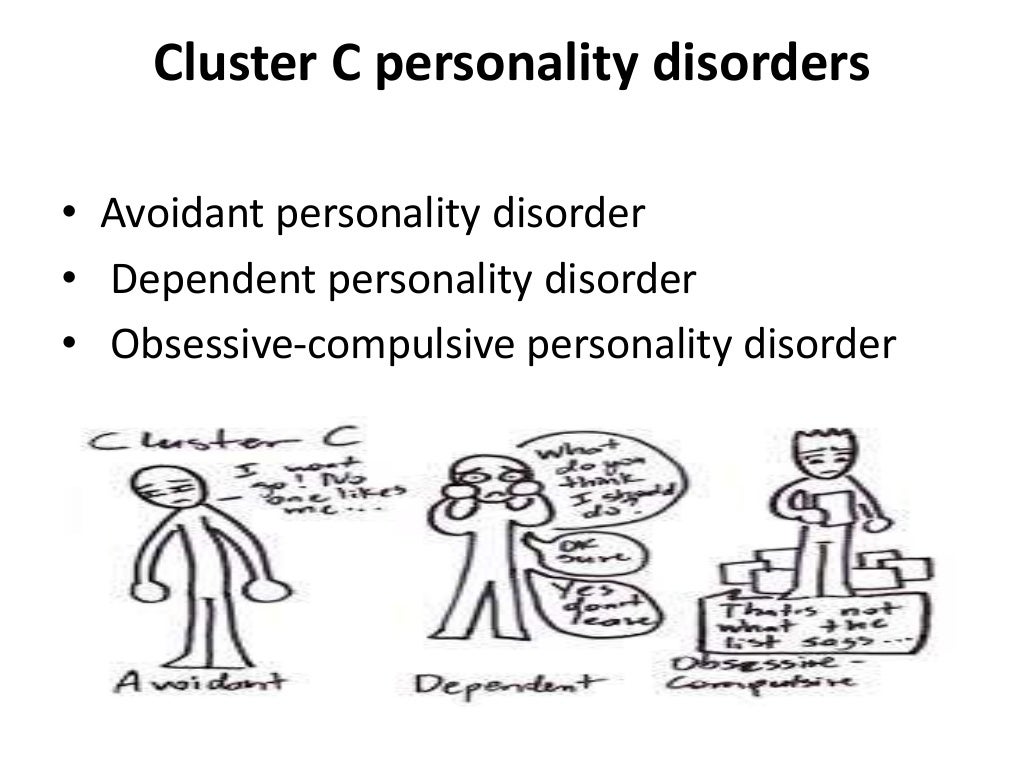Feeling like your emotions are a rollercoaster, or that relationships are always a struggle? That, is that, a lot of people might wonder about something called `boderline personality`. It's a mental health condition, you know, that truly impacts how people see themselves and interact with others, making everyday life a bit difficult, sometimes.
This condition, `boderline personality` as it's often called, means someone might have a pattern of relationships that are intense but also really unstable. There's also, you see, a tendency towards impulsiveness and a way of seeing oneself that just isn't very healthy. It's a real mental health condition, and it brings with it some very extreme mood swings, along with trouble keeping relationships steady, and that, is a tough spot to be in.
What exactly is `boderline personality`? Well, it's a serious mental illness that deeply affects how a person feels about who they are and how they connect with other people. It can, quite frankly, make it hard to function in day-to-day life, and that, is a big deal for anyone experiencing it. It's often referred to as an emotionally unstable personality, which, in a way, tells you a lot about what it feels like.
Table of Contents
What `boderline personality` Really Means
The Emotional Rollercoaster
Relationships That Sway
Seeing Yourself in a Different Light
When Does `boderline personality` Usually Show Up?
Getting a Diagnosis for `boderline personality`
Living with `boderline personality`: Everyday Realities
Dealing with Strong Feelings
Impulsivity and Its Effects
The Fear of Being Left Alone
Ways to Find Support and Help
Therapy Options for `boderline personality`
Understanding DBT and CBT
Common Questions About `boderline personality`
What `boderline personality` Really Means
`Boderline personality` is, in a way, a type of personality disorder where a person finds it hard to process or manage their feelings. This means that people who experience this condition feel things very, very intensely, you know? It’s a condition that truly impacts how you think, feel, behave, and even how you see yourself, which, for many, is a lot to take in. It's characterized by instability and impulsivity, and that, is quite a combination.
The term, apparently, comes from being on the “border” of psychosis, which means those with the condition sometimes seem to be right at that edge. It's about difficulties regulating emotion, and that, is a core part of the experience. Imagine having your emotions turn on a dime, and that, is a bit of what it can feel like.
The Emotional Rollercoaster
People who live with `boderline personality` often have, you know, extreme mood swings. One moment, they might feel really happy, and the next, they could feel very, very sad or angry. This loss of emotional control, in a way, can increase impulsivity, and that, affects how a person acts. It's like their feelings are on a very fast track, and it's hard to slow them down, which, understandably, can be quite unsettling.
These mood shifts are not just slight changes; they are often very intense. They can come on quickly and last for a few hours or even a few days, and that, makes it tough to plan or feel stable. For someone experiencing this, it’s a constant battle with their inner world, trying to manage feelings that just feel too big, sometimes. It’s a challenge to keep things level when your emotions are always going up and down, you see.
Relationships That Sway
One of the more noticeable things about `boderline personality` is the pattern of relationships that are unstable and intense. People with this condition often struggle to maintain healthy connections with others, and that, can be very painful for everyone involved. They might, you know, idealize someone one moment, seeing them as absolutely perfect, and then suddenly feel that person is terrible, which, is a quick shift.
This push and pull in relationships can be really confusing for friends and family, and it's also very distressing for the person with `boderline personality`. They often have a strong fear of being left alone, or abandonment, and that, can make them act in ways that, ironically, push people away. It's a difficult cycle, and breaking it, you know, takes a lot of effort and understanding from everyone.
Seeing Yourself in a Different Light
Another key part of `boderline personality` is an unhealthy way of seeing themselves. A person might have a very unstable sense of who they are, which, is quite disorienting. Their self-image can change rapidly, almost like they are trying on different identities, and that, can make it hard to feel grounded.
This can lead to feelings of emptiness or not knowing who they are, which, is a very uncomfortable sensation. It’s a bit like looking in a mirror and seeing a different person each day, and that, can be very unsettling for anyone. This unstable self-perception often contributes to the intense mood swings and relationship difficulties, too, it's almost all connected.
When Does `boderline personality` Usually Show Up?
`Boderline personality` typically begins by early adulthood, you know, around the late teens or early twenties. The condition is often most serious in young adulthood, when people are, perhaps, navigating new relationships and responsibilities. It's during this time that the symptoms might be most pronounced, and that, can be a particularly challenging period.
However, it's interesting to note that mood swings, anger, and impulsiveness often get better as a person gets older. While the condition usually starts in early adulthood, it doesn't mean it stays at its most intense forever, which, is a hopeful thought for many. People can, and do, learn to manage their symptoms better over time, and that, is something to remember.
Getting a Diagnosis for `boderline personality`
A diagnosis of `boderline personality` is usually made in adults, not in children or teenagers, you see. That's because what may appear to be symptoms of `boderline personality` in younger individuals could actually be normal developmental stages or other conditions. It's tricky to tell the difference sometimes, and that, is why professionals wait until adulthood.
For a diagnosis to be made, a mental health professional looks for a consistent pattern of these behaviors and feelings over time. They consider how these patterns affect a person's life, making it hard to function in everyday situations. It's a careful process, and that, ensures the diagnosis is as accurate as possible, which, is very important for getting the right kind of help.
Living with `boderline personality`: Everyday Realities
Living with `boderline personality` means facing certain challenges every day. It's a condition that severely impacts a person’s ability to regulate their emotions, and that, can make simple tasks feel overwhelming. The loss of emotional control can, you know, increase impulsivity, and that, affects how a person acts in different situations.
People with `boderline personality` often have a strong fear of abandonment, and that, is a deep-seated worry. They struggle to maintain healthy relationships, which, as we talked about, can be very intense. They also have very intense emotions, and that, is a constant experience for them. It truly affects how a person feels about themselves and others, making it hard to function in everyday life, and that, is the reality for many.
Dealing with Strong Feelings
The intense emotions experienced by someone with `boderline personality` can feel overwhelming, you know, almost unbearable at times. These aren't just minor annoyances; they are powerful waves of feeling that can crash down without much warning. Managing this level of emotional intensity is, frankly, a constant effort, and that, can be very draining.
It's like having the volume turned up all the way on every emotion, and that, makes it hard to find a quiet moment inside. Learning to cope with these strong feelings is a big part of getting better, and that, is where certain therapies can really help. It's about finding ways to dial down the intensity and respond to feelings in a calmer way, which, is a gradual process.
Impulsivity and Its Effects
Impulsivity is another key characteristic of `boderline personality`, and that, can lead to actions that are, perhaps, not well thought out. This might include things like spending money recklessly, engaging in unsafe activities, or having sudden outbursts of anger. These impulsive acts can have serious consequences, and that, makes life very unpredictable, sometimes.
The urge to act impulsively often comes from a place of intense emotional pain or a desire to escape difficult feelings. It’s a way of trying to get relief, but it often ends up causing more problems, and that, is a tough cycle to break. Learning to pause and think before acting is a big step in managing this aspect of the condition, and that, is a skill that can be developed.
The Fear of Being Left Alone
The strong fear of abandonment is a very real and painful part of `boderline personality`. This isn't just a worry about being alone; it's a deep terror of being rejected or left behind by people they care about. This fear can drive many behaviors, like constantly seeking reassurance or, conversely, pushing people away before they can be abandoned, which, is a confusing dynamic.
This fear can make it very hard to trust others and build stable, lasting connections. Every perceived slight or distance can feel like a sign that someone is about to leave, and that, creates a lot of anxiety. Addressing this fear is a crucial part of therapy, helping individuals to feel more secure in their relationships and less reliant on others for their sense of worth, you know.
Ways to Find Support and Help
For those living with `boderline personality`, finding the right support and help is, you know, incredibly important. While it's a serious mental illness, there are ways to manage it and live a fulfilling life. The key is often finding therapies that help a person learn to regulate their emotions and improve their relationships, and that, is where professional help comes in.
It's about learning new skills and developing different ways of coping with intense feelings and difficult situations. Support groups can also be very helpful, offering a place where people can share their experiences and feel less alone. Remember, getting help is a sign of strength, and that, is something to be proud of. Learn more about mental health support on our site, and link to this page finding the right therapist.
Therapy Options for `boderline personality`
When it comes to treating `boderline personality`, psychotherapy is often the main approach. There are several types of therapy that have been shown to be effective, helping people to understand their feelings and behaviors better. These therapies provide tools and strategies for managing the challenges that come with the condition, and that, is a very practical benefit.
The goal of therapy is to help a person develop healthier ways of thinking and reacting, especially when emotions are running high. It's about building resilience and learning to navigate the ups and downs of life with more stability. This process takes time and commitment, but the results can be life-changing, and that, is a powerful motivator.
Understanding DBT and CBT
Two specific types of therapy often used for `boderline personality` are Dialectical Behavior Therapy (DBT) and Cognitive Behavioral Therapy (CBT). DBT, in particular, is very well-known for helping people with this condition. It includes group therapy and individual treatment, which, is a comprehensive approach. DBT uses a skills-based method to teach you how to control emotions, deal with distress, and understand relationships better, and that, is very practical.
CBT, on the other hand, focuses on changing negative thinking patterns and behaviors. Both therapies provide valuable tools for managing the symptoms of `boderline personality`, and that, is why they are so often recommended. They help people to gain a better grasp on their inner world and how it affects their outer experiences, which, is a huge step towards stability. You can learn more about these therapies from reputable sources like the National Alliance on Mental Illness (NAMI), you know, they have a lot of good information.
Common Questions About `boderline personality`
What are some common signs of `boderline personality`?
People with `boderline personality` often show extreme mood swings, have unstable and intense relationships, and struggle with how they see themselves. They might also act impulsively, and that, is a frequent occurrence. There's often a strong fear of being abandoned, and that, drives many of their actions, you see.
Can `boderline personality` get better over time?
Yes, `boderline personality` can, in fact, get better, especially with the right kind of support and therapy. While it usually begins in early adulthood, many people find that symptoms like mood swings, anger, and impulsiveness tend to improve as they get older. It’s a process of learning and growing, and that, is very encouraging.
Is `boderline personality` the same as bipolar disorder?
No, `boderline personality` is not the same as bipolar disorder, though they can sometimes have similar symptoms like mood swings. `Boderline personality` is a personality disorder characterized by difficulties regulating emotion and unstable relationships, while bipolar disorder is a mood disorder with distinct episodes of mania or depression. They are different conditions, and that, means they require different approaches to treatment.



Detail Author:
- Name : Omer Wilkinson
- Username : ian.schuster
- Email : sgottlieb@gmail.com
- Birthdate : 1993-11-18
- Address : 6675 Lilyan Points Suite 475 Stromanborough, TX 83083
- Phone : +13127937491
- Company : Harris-Thompson
- Job : Glazier
- Bio : Reiciendis quia illo provident voluptates. Dolorem nemo est qui non qui minus. Et repellendus sed distinctio ut. Nostrum excepturi quidem est odio quos tempore optio.
Socials
instagram:
- url : https://instagram.com/maybell_huel
- username : maybell_huel
- bio : Est dolores nemo laudantium non culpa ex. Voluptas aut quam vel officiis deleniti dolorem quos.
- followers : 6399
- following : 2801
twitter:
- url : https://twitter.com/huel2023
- username : huel2023
- bio : Fugiat rerum exercitationem eos. Quaerat nihil recusandae id deleniti modi. Quia odit exercitationem et qui consequatur molestias.
- followers : 4669
- following : 1029
tiktok:
- url : https://tiktok.com/@huelm
- username : huelm
- bio : Magni enim dicta qui ullam laudantium.
- followers : 5687
- following : 2010
facebook:
- url : https://facebook.com/maybell.huel
- username : maybell.huel
- bio : Aperiam similique quas minima enim odio aperiam.
- followers : 3455
- following : 2594
linkedin:
- url : https://linkedin.com/in/maybellhuel
- username : maybellhuel
- bio : Omnis eos dolorem id velit deleniti.
- followers : 6221
- following : 1530

